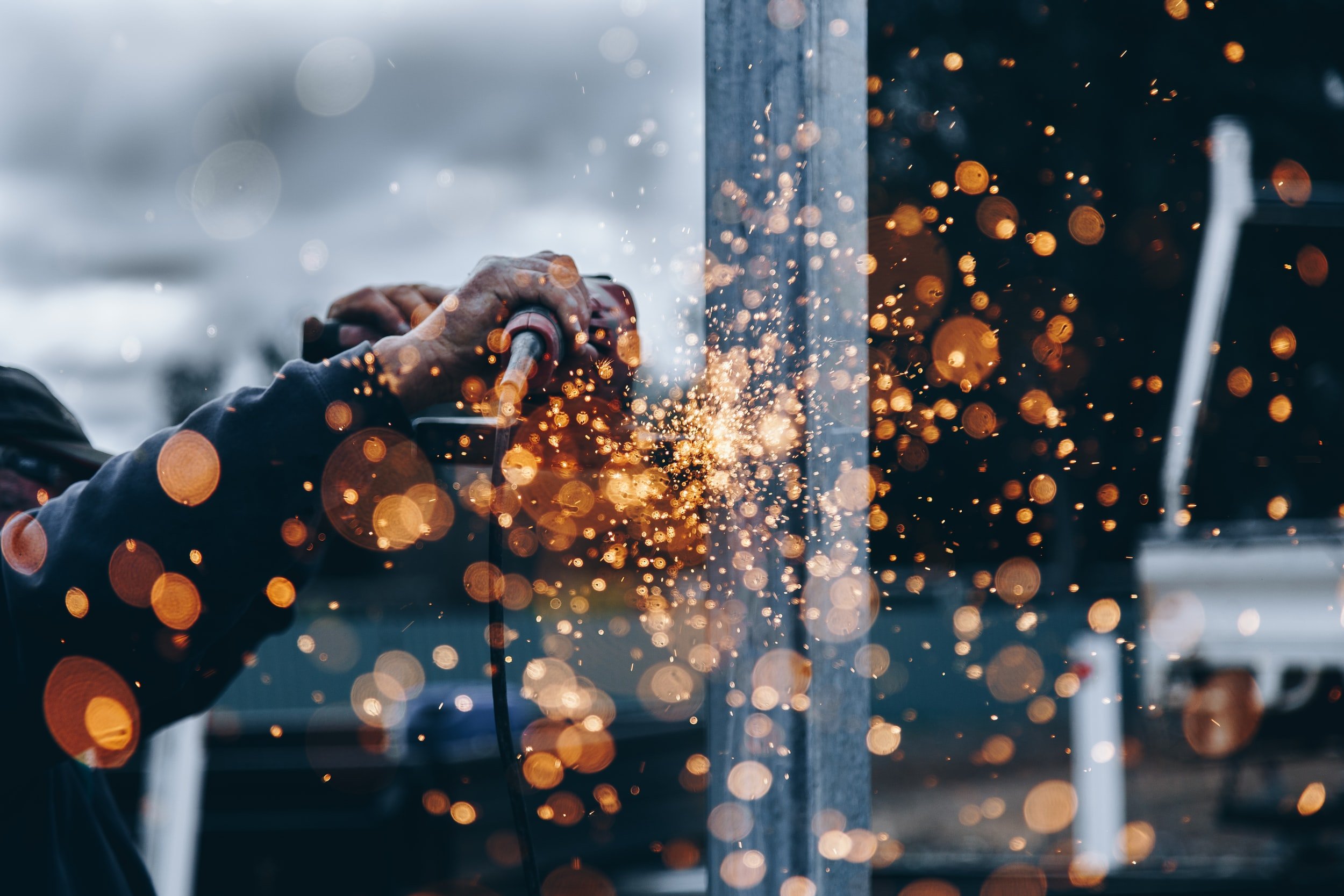Industrial slip-lining is what commercial pipe owners need for optimal protection against big failures. Newer tactics in the field, like cured-in-place pipe repairs (CIPP), have done well to increase the rates of protection against common problems, such as leaks and clogs.
Thanks to the focused efforts of pipelining tactics, not only do daily business efforts lead to more success, commercial entrepreneurs have a better chance of surviving in a landscape full of competitors. When it comes to maintaining a property, slip-lining saves business owners thousands of dollars each year.
Why is industrial slip-lining such an advantage? It all boils down to preparation and response. Commercial pipe repairs all start the same: there is an idea of the original problem, then there’s the question of how to deal with it. Once the contractors set foot on the property, the outcome is never guaranteed. That is, unless cured-in-place pipe repairs are used to keep the situation under control.
What Can Go Wrong on the Job Site?
Make no mistake, there are disadvantages to any repair or restoration job. The preparation/response to damaged commercial pipes and sewer systems will not prevent every problem, but CIPP does help to eliminate delays and accidents.
One way that industrial slip-lining works is by avoiding extensive digs. In order for contractors to begin repairs, the questionable pipes must be accessible. In some cases, contractors put themselves in danger to get where they can properly operate on leaking sections.
Trench digging is nothing new. There is a reason why construction sites look the way they do: messy, with heaps of soil and/or concrete. Often, this is due to the pipe specialist working to reach the leak or clog. Slip-lining allows more remote work, with rarely an occasion to tunnel deep underground. As a result, job sites become safer for all involved.
How Industrial Slip-Lining Prevents Issues by Preparation
Preparing for minor and major leaks is the only way to prevent extra issues from popping up. Additionally, a solid game plan keeps proxy damage away. For example, the force needed to dislodge or replace pipe sections can knock other sections loose. If one section is fragile, then the entire system is at risk until repairs are finished. With industrial slip-lining, contractors can easily feed both the liner and the bonding resin in. As a result, the specialist can wrap things up without too much side trouble.
CIPP Slip-Lining as a Response to Pipe Fails
Delays are no good. CIPP slip-lining allows a faster process, which is certainly an advantage when the leak is a major problem. Pipe fails often need a quick wrap-up, which is not always possible. However, CIPP lining and pipe swap methods cut the work time in half with high-quality results.
Pipe-Lining Advantages with Industrial CIPP
Commercial property owners need the best protection possible against pipe failures. Any property manager can attest to the costs that accumulate over time, especially if breakdowns are common. Industrial CIPP works with commercial pipe overseers to ensure that each bit of damage is properly patched-up. Our pipe specialists have years of experience, which puts the advantage on your side. Contact us for an estimate. We can help protect your pipes for up to 50 years of functionality.
